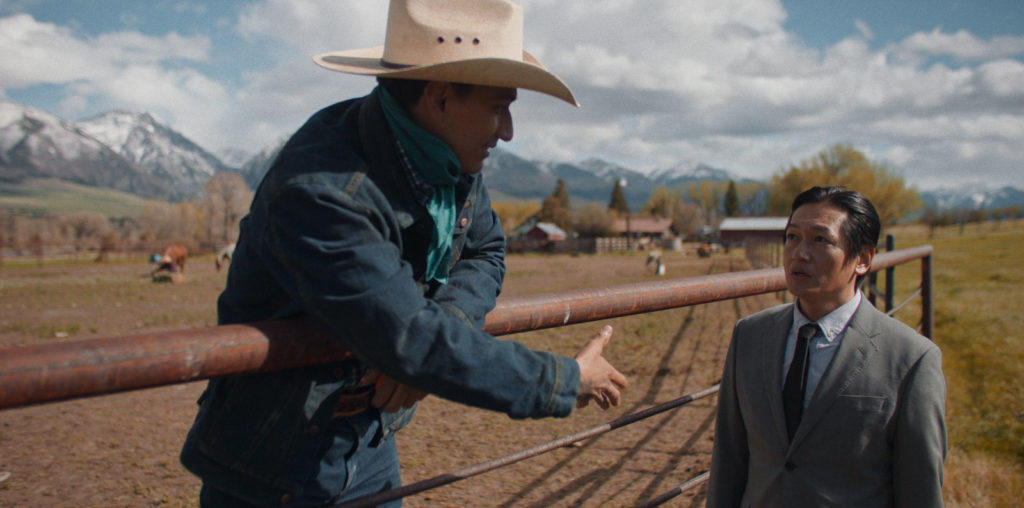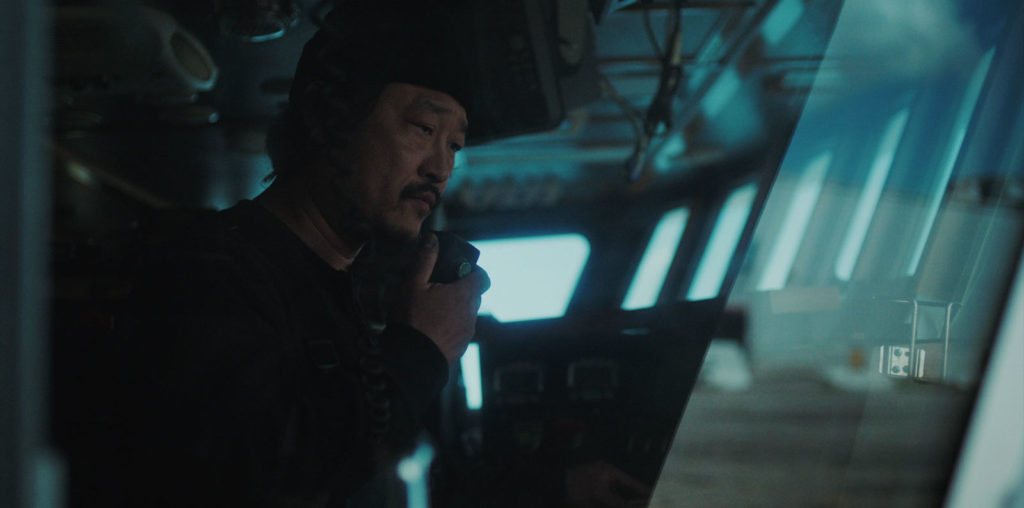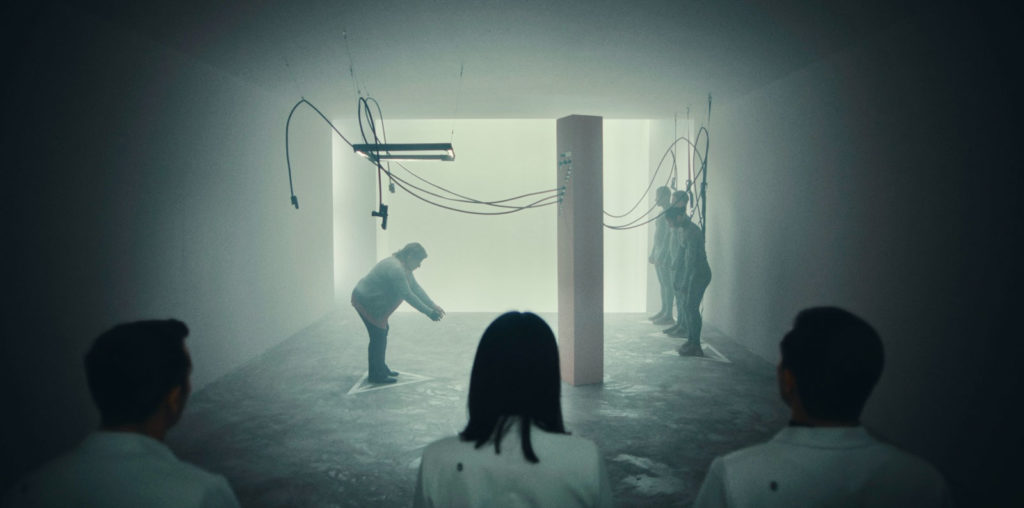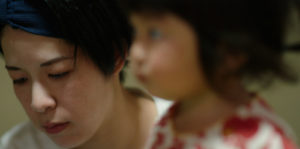
Rionne McAvoy’s documentary, The Ones Left Behind: The Plight of Single Mothers in Japan, shines a compassionate light on a social crisis that plagues Japan that’s not so different than the problems single mothers face here in the States.
The Ones Left Behind tells the story of just a small sampling of single women who, for various reasons, struggle to provide for themselves and their children on a daily basis. In Japan, when a marriage ends in divorce, custody of the children is assigned to one of the parents, and in most cases, it’s the mother, particularly when the reason for divorce is physical or mental abuse.
When the divorce is finalized, all ties between the husband and wife are severed, and the man is free to walk away with no obligation—financial or otherwise. The woman is now forced to take a full-time job, pay for all expenses, including food and shelter, and many times find afterschool child care. Because of the time demands, single mothers are only able to find low-paying jobs with few hours as their hours are unreliable. Mothers are now in constant fear of racking up too much debt or being evicted from their homes.
As Japan has taken great strides in economic prosperity, single mothers and their children live almost exclusively in poverty by government standards, and aid for the poverty-stricken is inadequate, assuming they can even qualify for aid.
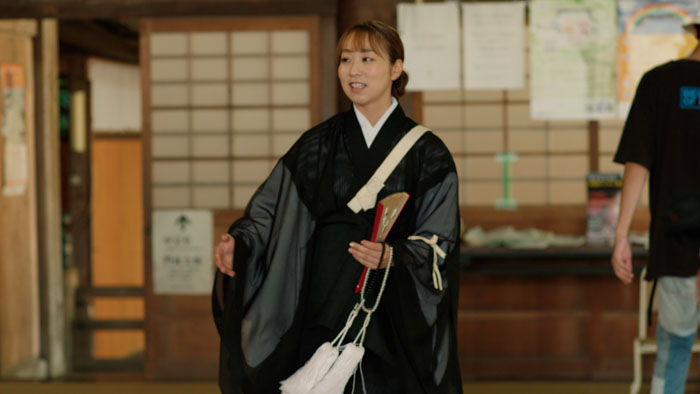
“…single mothers and their children live almost exclusively in poverty…”
The Ones Left Behind is a combination of educational awareness and talking head testimonials. The women interviewed have much in common. Most ended their marriages to escape an abusive situation. What should be a simple choice of leaving is made difficult as choosing to be a single mother is a choice to live in poverty.
Before the internet, everyone knew their neighbors, and neighbors helped single mothers in need with a cup of rice, some last-minute babysitting, or sage advice. Somehow, the internet has managed to isolate us from our neighbors, and help is hard to find, particularly from the government.
The lack of support for single mothers has also led to a rise in depression and violence in mothers and children. Children are often left with no hope and become prone to crime and time in prison. Suicide rates are also elevated among mothers with no clear path to financial freedom.
As much as The Ones Left Behind points out the problems in Japan, the film highlights the men and mostly women who hope to affect change for the better. Alongside governmental reforms, there are organizations and charities to come alongside children with free meals and afterschool care.
As a documentary, The Ones Left Behind: The Plight of Single Mothers in Japan can feel very academic as filmmaker Rionne McAvoy advocates for single mothers in Japan and elsewhere. It’s hard to hear the stories of mothers in Japan and feel that the situation is not that much better here in our hometown.
For screening information, visit The Ones Left Behind: The Plight of Single Mothers in Japan official website.
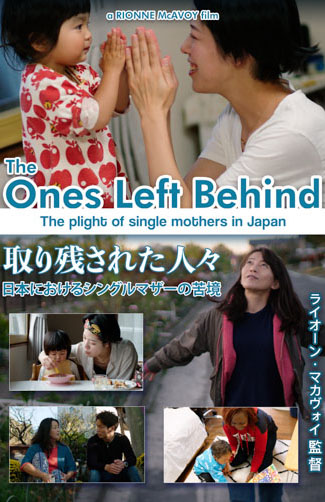
"…advocates for single mothers in Japan and elsewhere."
